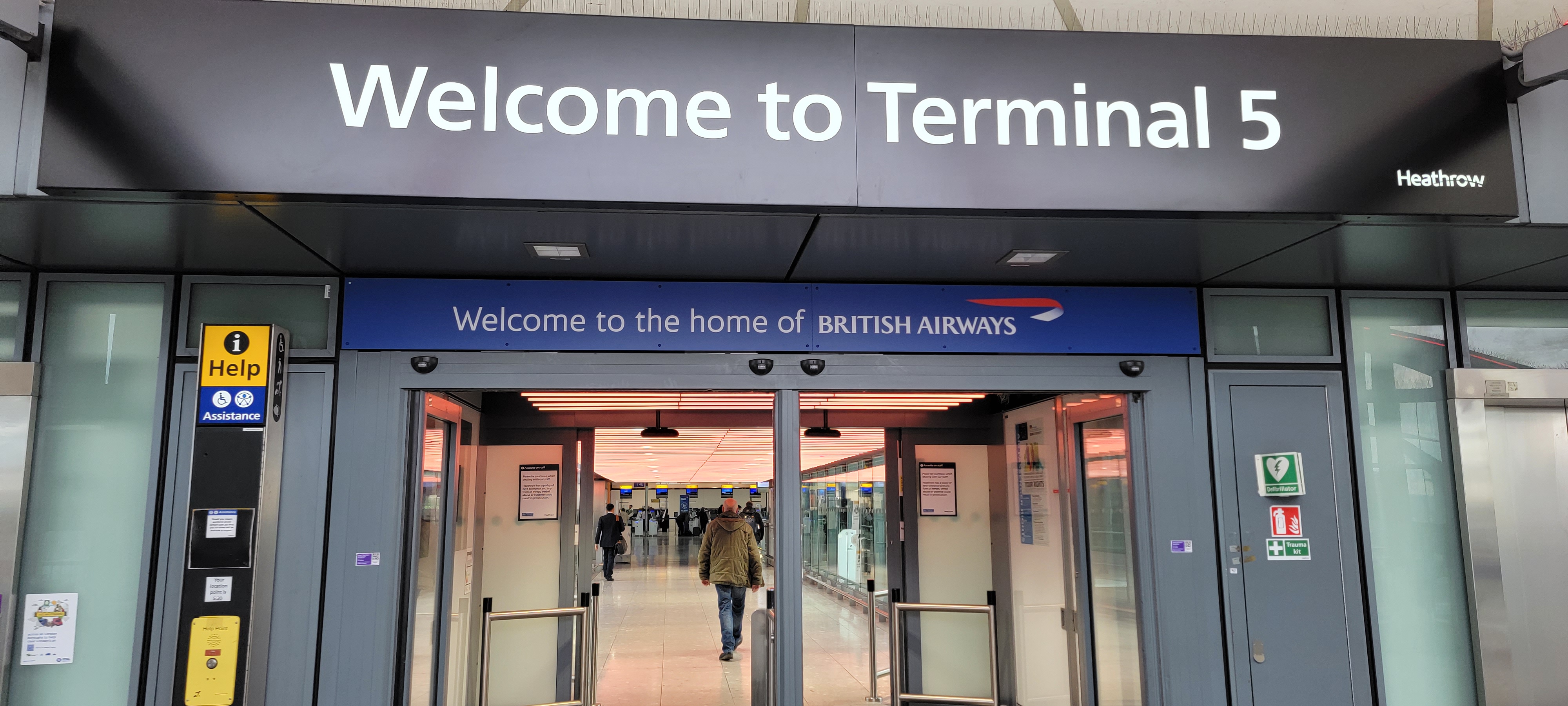New Data Shows Europe to U.S. Fall Travel Plunges Up To 12.5% — Expect Fares To Be Slashed To Fill Seats
Airlines are a strong leading indicator of the economy, and international air travel a barometer for the global economy. There are troubling signs in new data.

Data from aviation analytics company Cirium shows a decline in European travel bookings to the U.S. this fall. Specifically, summer (June – August) bookings for fall (September – November) travel from Europe to the U.S. are down meaningfully year-over-year:
Location
2024
2025
Change
France (CDG)
137,498
133,521
-2.89%
Italy (FCO, MXP)
209,766
193,904
-7.56%
Germany (FRA, BER, MUC)
163,727
143,199
-12.54%
UK (LHR, LTN, STN, LGW)
304,021
289,040
-4.93%
Spain (MAD, BCN)
153,541
139,699
-9.02%

The data shows third party bookings – travel agency itineraries, including online travel agencies – and doesn’t include reservations made directly with airlines. We know that these bookings are down materially. It’s not likely that they’re offset by increased resevations direct with airlines.
And we know that Delta Air Lines President Glen Hauenstein shared last week at the Morgan Stanley Laguna Conference that for this summer, Europe was that airline’s worst-performing region of the world.

In the second quarter Delta had reported that U.S. outbound travel had fallen, but the declining dollar was helping with Europe-originating demand. That no longer appears to hold, based on this Cirium data.
All that said, there’s a lot going on here. Some will want to latch onto trade tensions (Trump administration) or a slowing economy. And seem to be part of it, but likely not all of the story.
The dollar actually did appreciate during the summer, likely mitigating European demand somewhat. Meanwhile, U.S. hotels remain expensive.
Just because advance bookings are soft doesn’t mean that European arrivals in the U.S. will end up down. Airlines cut prices and run promotions and may still fill up cabins at prior year levels, albeit with lower yields. Global uncertainty may mean people are booking closer-in anyway.
And there’s a clear effect of border, visa, and tariff moves on inbound traffic. ESTA prices double at the end of the month. News stories about harsh border treatment discourages some visitors, who appear to be booking elsewhere (e.g. Japan).
I’d expect to see some decline in the data as a result of Air France KLM, Lufthansa and British Airways moving further to NDC/direct sales. Channel shift is going to have some effect and we don’t know how much yet.

United’s Scott Kirby says the U.S. economy is strong and travel demand came on ‘like a light switch’ two and a half months ago. But something is up in travel here from Europe.
It’s not surprising to see the biggest change coming out of Germany given their economic situation and manufacturing slump. Italy’s economy is soft as well. U.K. conditions have been better than Germany’s, so a smaller drop makes sense. Meanwhile, Air France KLM is going to have a bit of a different year-over-year baseline given last year’s Olympics.
Ultimately I do expect to see some catchup. And the data isn’t clean since it doesn’t include direct bookings. But it’s suggestive of overall economic weakening hastened by trade and border tensions, although that is not the only cause.
More From View from the Wing

